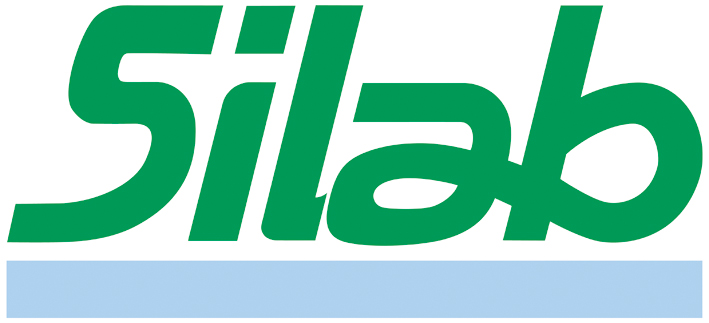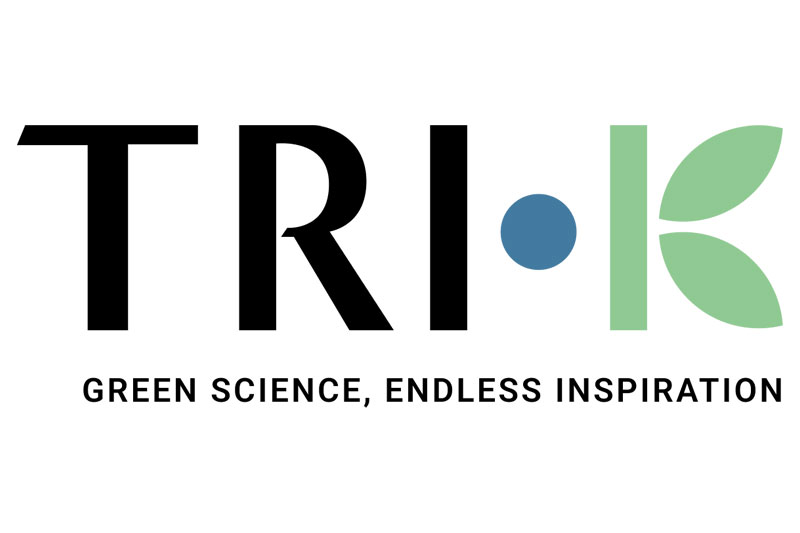With ‘skintellectualism’ well and truly established among cosmetic product end consumers, there are a number of ingredients and categories that evoke instant recognition and interest. Hyaluronic acid, AHAs, BHAs, niacinamide, vitamin C, coenzyme Q10 and, of course, peptides.
A favourite among both end users and beauty brands, 2022 to-date has seen the launch of peptide-containing goods from the likes of Biossance (Squalane + Copper Peptide Rapid Plumping Serum), Murad (Targeted Wrinkle Corrector, formulated with acetyl hexapeptide-8), Dermalogica (Awaken Peptide Eye Gel) and iNNBEAUTY Project (10+10 More-Sturizer with 10% peptide complex).
When quizzed as to why peptides are so popular, Pascaline Citron, Marketing Communications Manager at Sederma (a Croda business), replies: “To put it simply, because they work.”
Sederma is something of a pioneer in peptides having launched Matrixyl in 2000, the world’s first Matrikine – Sederma’s word for its extracellular matrix-derived peptides – dedicated to anti-wrinkle efficacy.
“Peptides are small linear chains of amino acids, naturally present in the body,” Citron explains. “Proteins are also composed of amino acids, but they are bigger: some hundreds of amino acids for proteins versus a maximum 20 amino acids for peptides.






